Unlucky Day or Fascinating Folklore?
For centuries, Friday the 13th has struck fear into the hearts of many. Whether you avoid walking under ladders, dread black cats crossing your path, or simply feel uneasy on this day, you’re not alone. But what is it about this date that continues to captivate and terrify people worldwide? This article explores the history, myths, psychological effects and culture legacy of Friday the 13th, revealing that there’s more to this day than bad luck.
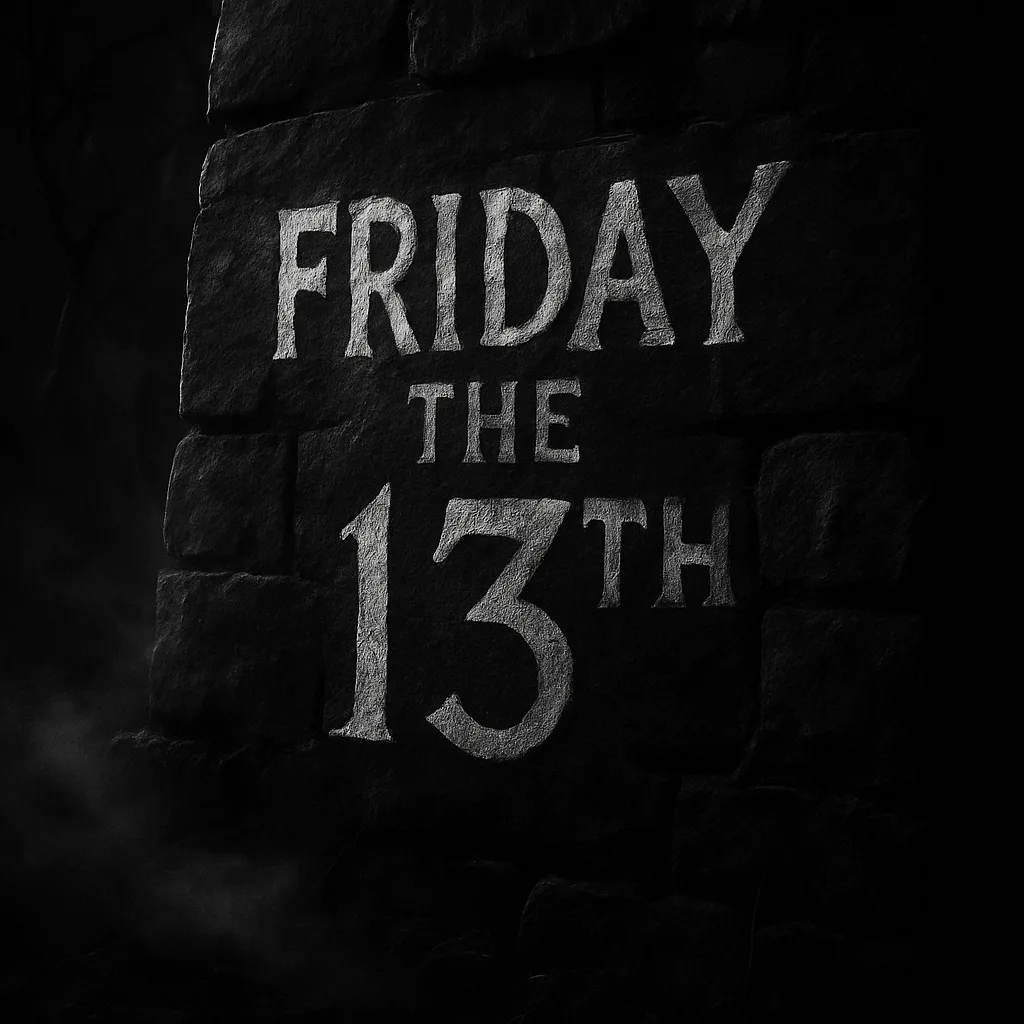
The Origins of Friday the 13th Superstition
The Unlucky Number 13
The fear of the number 13, known as Triskaidekaphobia, dates back to ancient times. In Norse mythology, Loki was the 13th guest in Valhalla who caused the death of Balder. Similarly, at The Last Supper, Judas Iscariot was the 13th guest, who ultimately betrayed Jesus, leading to his crucifixion on a Friday.
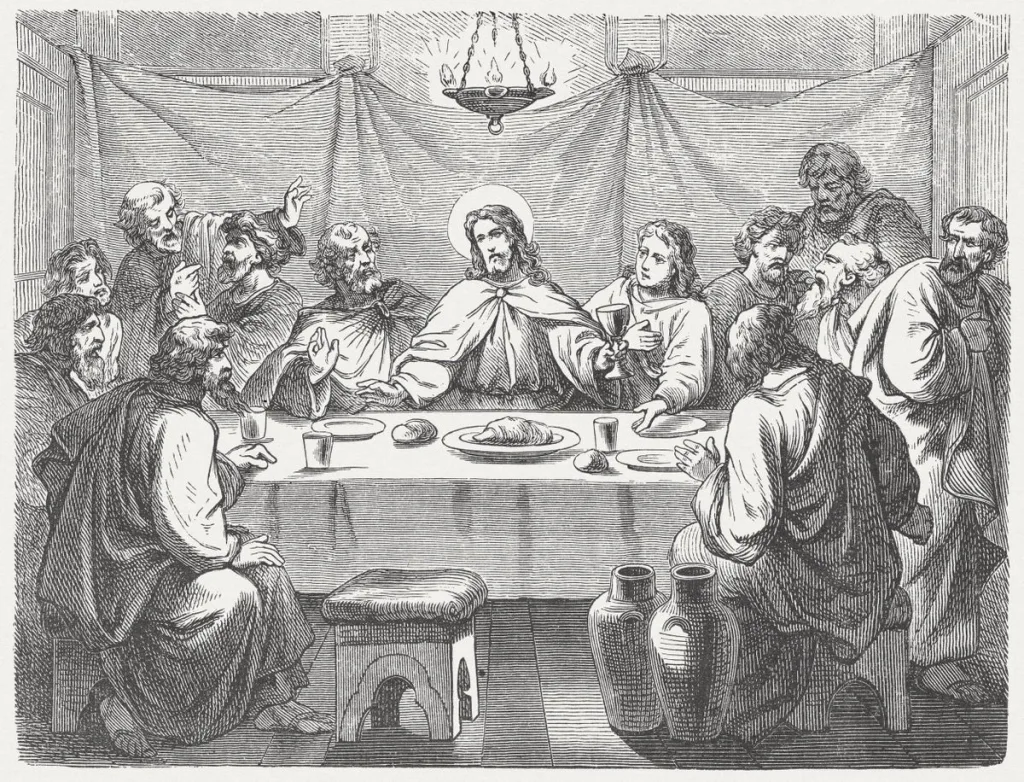
Friday’s Dark Associations
Historically, Fridays were considered unlucky in various cultures. It’s said that executions often took place on Fridays in medieval Europe and sailors avoided setting sail on this day. The convergence of two “unlucky” elements, the day and the number, created a powerful cultural fear.
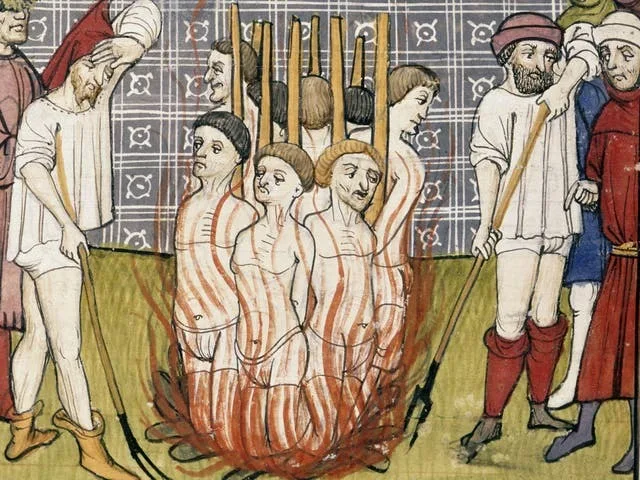
Historical Events That Fuel the Fear
Some real-life events have helped cement the superstition:
- Friday, October 13, 1307: The mass arrest of the Knights Templar by King Philip IV of France.
- Friday, November 13, 1970: A deadly cyclone hit Bangladesh, killing over 300,000 people.
- Stock Market Crash: Black Friday (though it happened on different dates) is often linked with financial despair.
These events feed into the belief that Friday the 13th is cursed, even though similar tragedies occur on other dates.
The Psychological Impact of the Day
Mass Hysteria and Media Influence–Economic Consequences
The belief that Friday the 13th is unlucky can create a self-fulfilling prophecy. People may unconsciously alter their behavior, leading to mistakes or accidents. According to experts in behavioral psychology, confirmation bias plays a key role.. We notice the bad things on Friday the 13th because we expect them.
Studies have shown that millions of dollars are lost in business and travel bookings on Friday the 13th. Many people choose to stay home, cancel plans, or avoid flying all because of a superstition
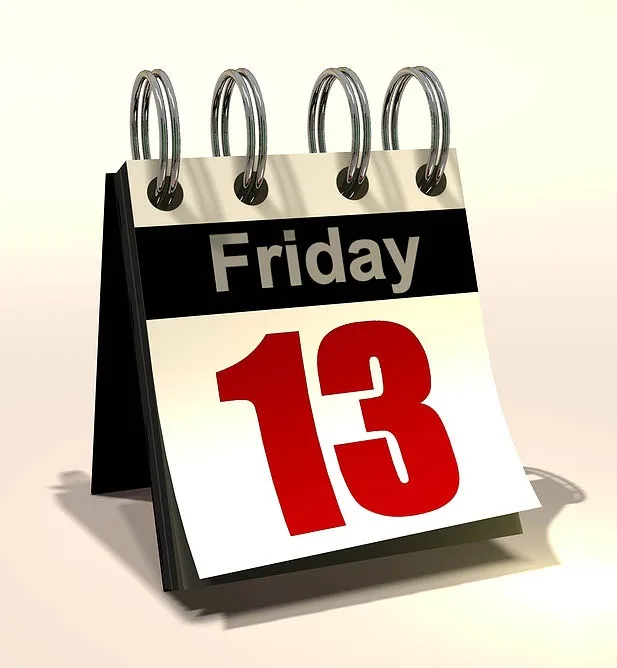
Friday the 13th in Pop Culture
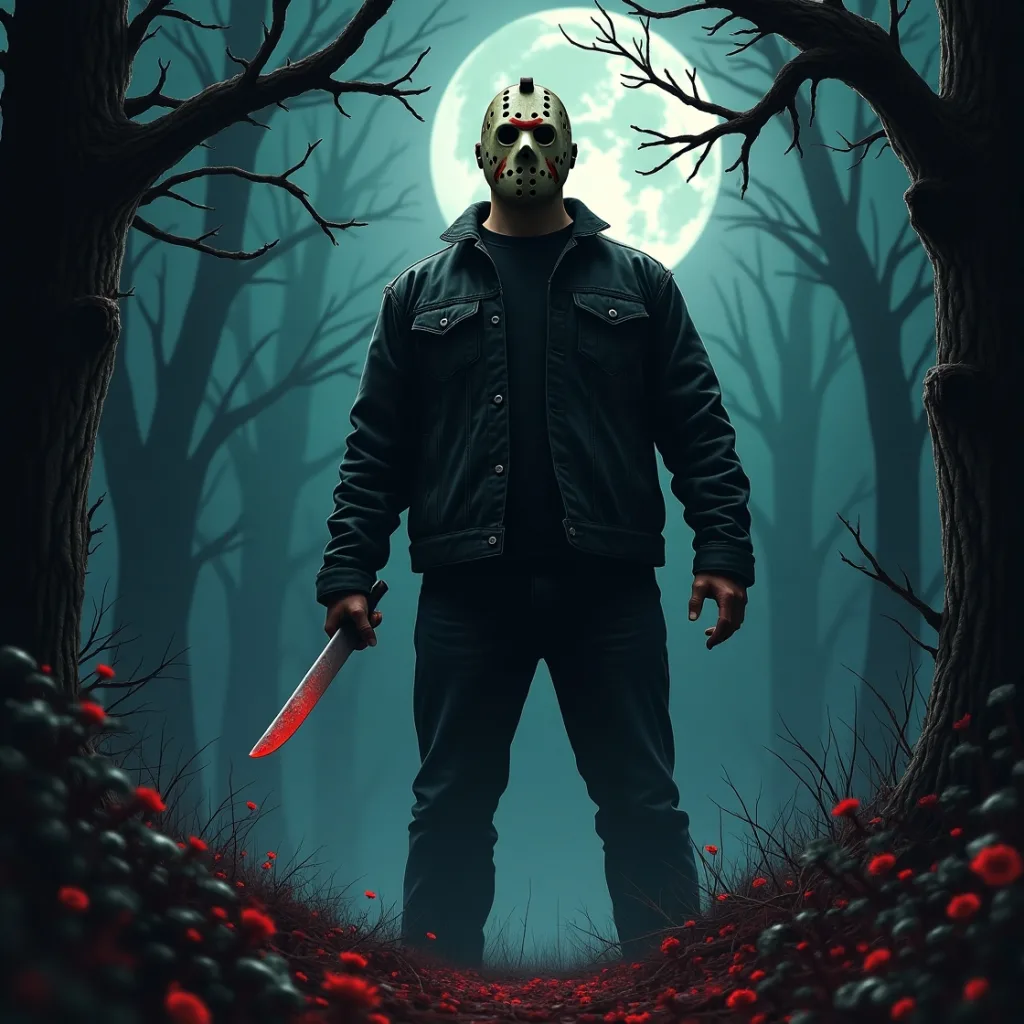
Perhaps the most famous reference to this ominous day is the “Friday the 13th” movie franchise, which introduced the hockey-masked killer Jason Voorhees. Since its debut in 1980, the series has become a staple of horror culture, further embedding the date into our collective fears.
The theme of Friday the 13th appears also in Gothic literature, heavy metal albums and dark artwork. It serves as a muse for those inspired by the occult, death and misfortune, subjects that continually intrigue creatives.
Should We Still Fear It?
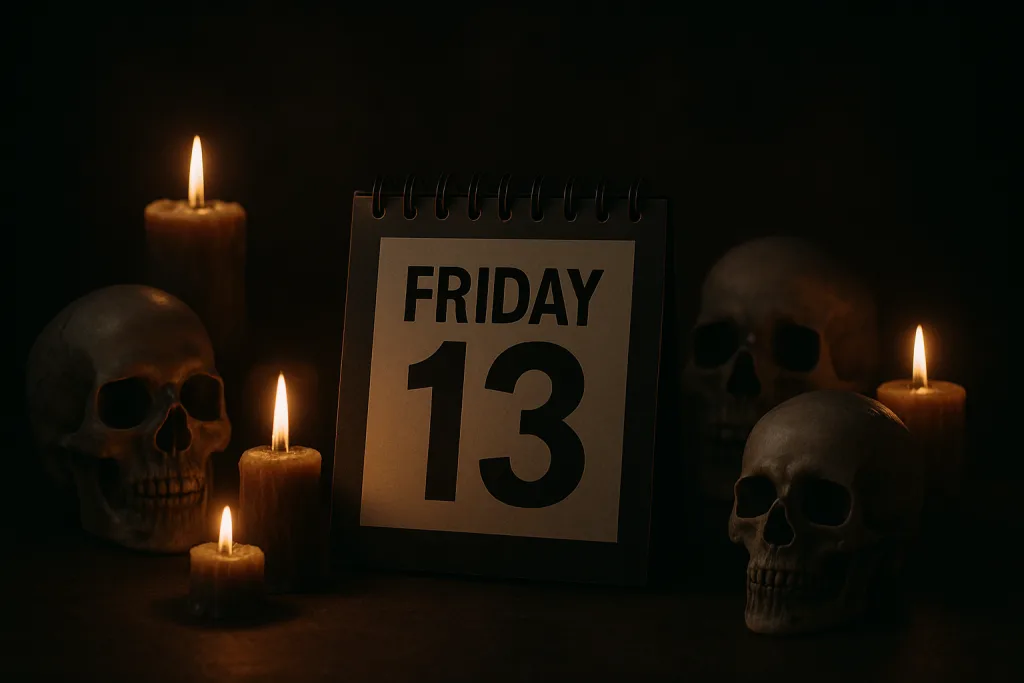
While there’s no scientific evidence that Friday the 13th is more dangerous than any other day, the mythology surrounding it is powerful. In many ways, it’s a modern folklore that reflects our deepest fears of the unknown, of chaos, of fate.
Instead of fearing the day, many now embrace it as a celebration of the strange, the mysterious and the macabre. From Haunted events to themed parties, Friday the 13th is reclaiming its reputation!
Whether you fear or celebrate it, Friday the 13th is a fascinating lens into human psychology and cultural storytelling. It’s a day that reflects our need for patterns, meaning and sometimes just a good scare.
So, today that is Friday the 13th, don’t cancel your plans. Light a candle, watch a horror film, or dive into the rich lore of the day. After all, fear is only powerful if you believe in it.
Did you enjoy this article? Share it on social media and tag us using #dethartcrafts. Also, explore more articles on our site!
